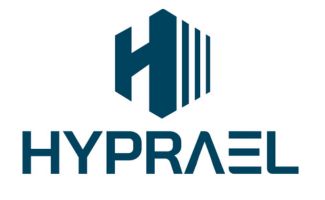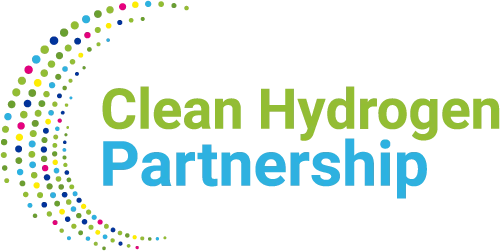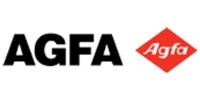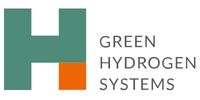The European Hydrogen Strategy sets a target for 6 GW installed electrolyser capacity by 2024, and 2×40 GW by 2030. This ambition increases significantly as part of the REPowerEU initiative targeting additionally 10 million tons of renewable hydrogen produced annually in the EU by 2030. To support the massive increase in H2 use in the EU energy system hydrogen infrastructure, including scaling-up clean production, storage, transport and port infrastructure are needed.
Clean H2 already proves its value to decarbonise our economy. Hydrogen production from current low temperature water electrolysers is demonstrated on large scale and mass production and it is beginning to be competitive also from an economic point of view. However, for storage, transportation, conversion and uses, hydrogen needs to be compressed to higher pressure levels to increase the density (kg/m3) and the volumetric energy density and the mechanical compression of H2 is costly, especially critical for the range up to 50-80bar.
The project HYPRAEL aims to drastically reduce the H2 production energy consumption and contribute to reduce overall hydrogen production costs by increasing the output pressure of the H2 produced and improving the energy efficiency by raising the temperature to at least 120 C.
HYPRAEL is focused on developing advanced technologies for energy and cost-efficient compressed hydrogen production (at least 80 bar). To reach the main goal, the well-established and mature alkaline electrolysis (AEL) technology will be improved significantly beyond the state of the art. Key innovations to avoid cost intensive downstream mechanical compression processes along advanced cell, stack and Balance of Plan designs for strongly reduced energy loss will be investigated. Research on advanced and sustainable electrodes, separators, polymers and compositions and innovative architectures for advancing through upscaling and sustainable mass production of highly efficient electrolysers will be also investigated.










